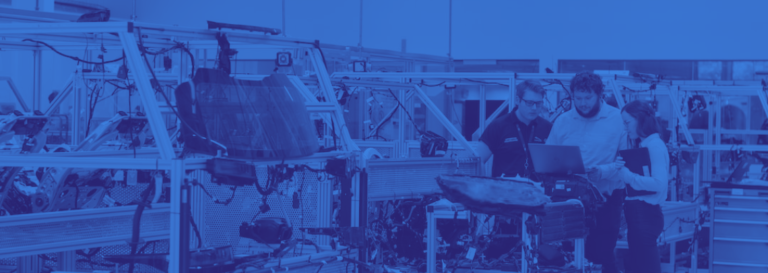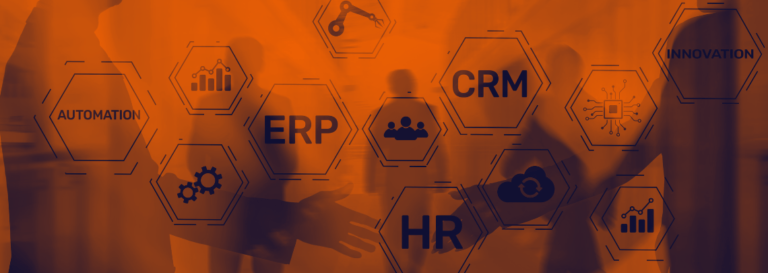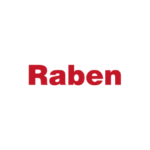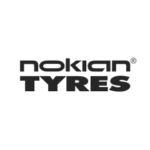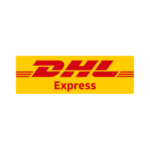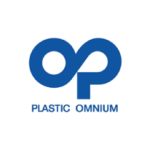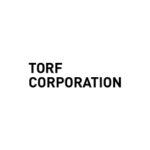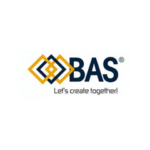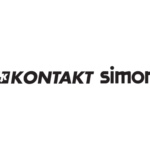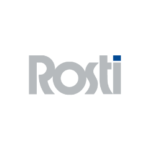It has recently gained popularity among medium and large enterprises to collect data on the functioning of the organisation at various levels. This is information concerning accounting, production, sales, purchases and internal processes taking place in companies. In short, huge amounts of data entered in many places, which are in fact collected art for art’s sake.
Business management: data collection and analysis
This situation most often occurs when the information is not analysed and nobody in the organisation has really asked: why are we doing this?; what is this information used for and who uses it?; what conclusions can be reached based on this information?; and how can this information improve my company? Meanwhile, by acting in this way, we would be perfectly in line with the principles known in Lean Management, i.e. the principles of continuous improvement of processes based on the PDCA (Plan-Do-Check-Act) cycle.
This model works perfectly well when data are collected in a structured way, in dedicated IT systems which take care of their quality by allowing mistakes to be made on the input, i.e. when the user enters information into the system. What, therefore, happens when data are collected outside the system? What if the systems need to reflect the data after they have actually occurred? Then, we face the challenge of digitising the information flow.
Digitisation of company processes
The digitisation of processes in which data are collected manually is a difficult task, especially as most of them have now already been computerised. The areas that have the least coverage in this context are mainly elements related to production records. This is where notebooks, binders and piles of papers, only seemingly necessary, reign. When, therefore, is the information contained in them necessary? It is simple: when something goes wrong in the process, when a customer lodges a complaint, when it is necessary to reconstruct the production path and find the cause of a defect.
Paper documentation better than ERP?
From the point of view of ERP systems, finding information about what was made of what or the raw material from which delivery took part in the production is a task that takes only a moment. Thus, the question must be asked: why do companies look for information about the product path, components and materials used in the company’s production among paper documents? The answer is obvious and manifest. To put it simply: information collected on paper is more reliable than that collected in ERP systems. The reason for this, however, is material for another article.
The production process: how does the traceability module help?
The need to collect precise information in the context of traceability, i.e. the traceability of workpieces at each stage of the production process, is based on several aspects:
- image: the organisation is able to be a reliable partner for large players, such as those from the automotive industry, which gives confidence to the manufacturer that possible quality problems will be diagnosed and very often corrected even before the stage of assembly in vehicles. This is of considerable importance in the context of possible technical campaigns;
- organisation: full traceability ensures adequate production flow, as well as eliminating possible mistakes when similar components or materials are used;
- finance and accounting: in the case of warehouse valuation methods that impose an order of consumption of materials, the occurrence of situations where the batches consumed are different from those released in the ERP system is minimised. This is particularly familiar to those who were forced to send part or all of the raw materials back to the supplier, and the lot numbers recorded in the ERP system differed from the lot numbers of the raw materials that were physically in stock;
- complaints: reliable handling of possible complaints when we have full traceability is a much easier task and may lead to conclusions that will reduce the number of complaints in the future (or eliminate them altogether).
When building complex IT systems which interconnect and exchange information, special attention should be paid to what data the company uses and which of them carry values. Traceability, which is implemented in MES class systems, is certainly information which has such a value.
Tomasz Babiarz
project manager in eq system implementation department
Have you got any comments or questions? Contact the author of the article via LinkedIn




